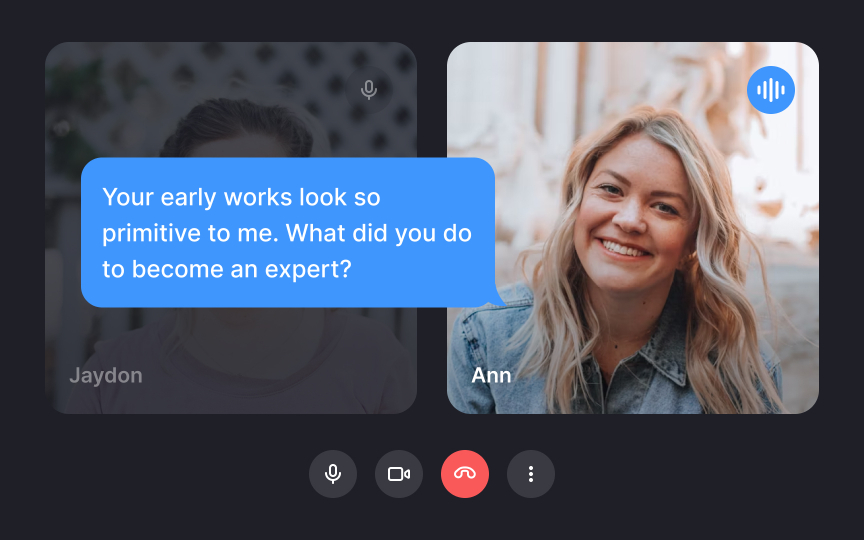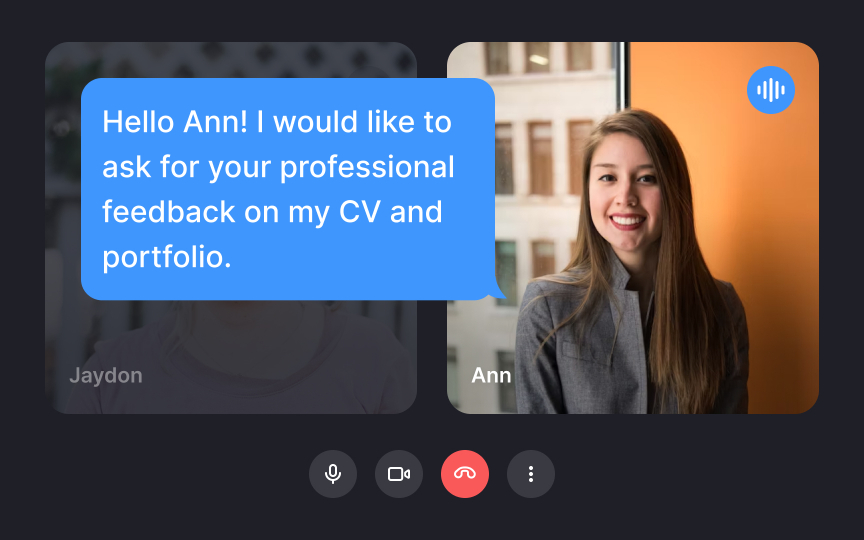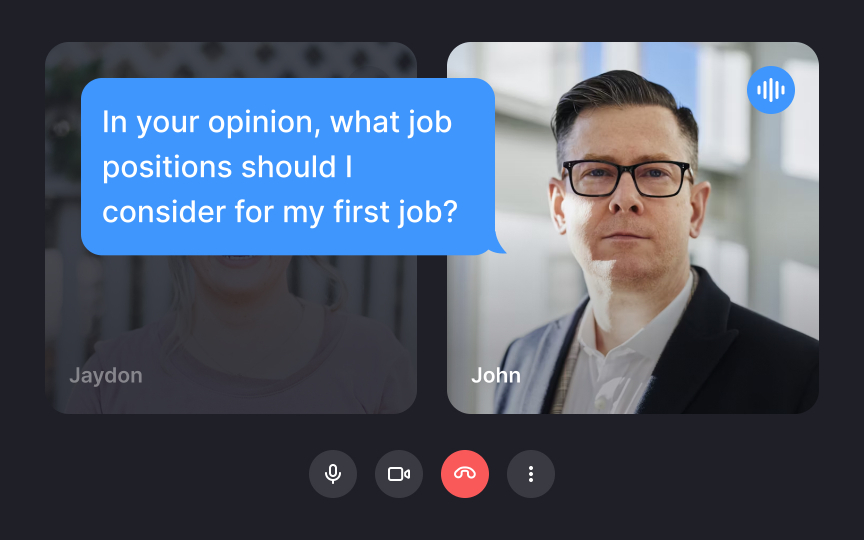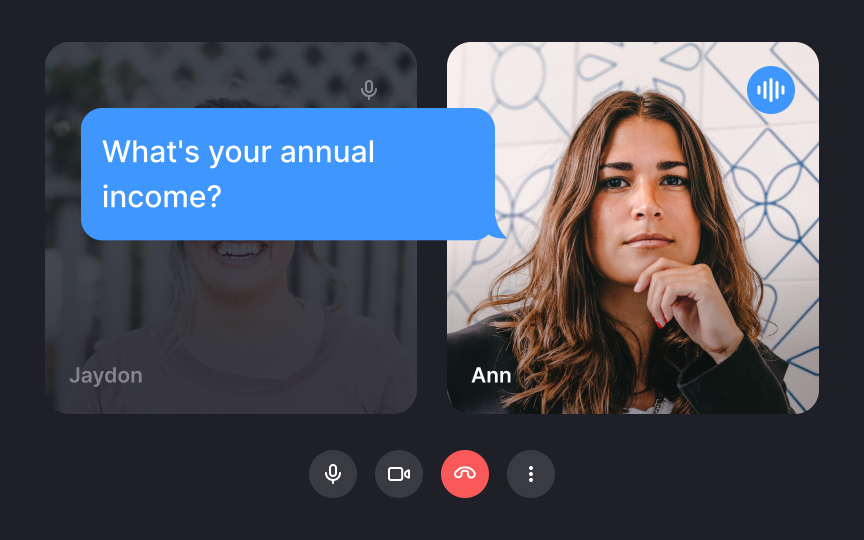Best Questions to Ask a Mentor
Discover a range of questions to engage your mentor on various topics that provide you insights
As a new mentee, it is likely that you’re teeming with questions to ask your mentor or, in stark contrast, you might find yourself drawing a blank when the time for interaction comes. To tackle both situations, the key is being armed with questions well in advance. Figuring out what kinds of questions you can ask your mentor to break the ice, gain more clarity on your industry, and fulfill your career goals will lead to more productive mentorships.
Begin your interaction with some light-hearted questions such as:
- What do you love about being a Product Manager/Interaction Designer/ UI Designer?
- Why did you decide to become a mentor?
- How did you begin your career in this field?
- How did you get to where you are today?
- What’s it like to be a Product Designer/UX Writer/ Graphic Designer on any given day?[1]
Asking these questions gets the ball rolling and can nudge you both to speak more freely.
Constantly viewing people’s highlights can leave anyone feeling inadequate, which is why it’s important to learn about the struggles faced by your mentor. Hearing that a successful person, too, has had career setbacks will humanize the industry and job for you — allowing you to go easy on yourself when things don’t work out the way you want them to. More importantly, it will help you to prepare for similar challenges in your own career.
Here are some questions you can ask your mentor to learn about their struggles and what they did to overcome them:
- How did you tackle rejections during your first job search?
- Was there a time you felt like your skills were inadequate for a job? What did you do about it?
- What was your key takeaway from your first job?
- What was the hardest step in your career ladder and why?
If you’re in the creative field, you probably already know that inspiration is everywhere. Learning where your mentor finds theirs — be it from podcasts, shows, books, movies, or routines they follow every day — can give you more resources to tap.
Here are some questions to ask your mentor about their career inspiration:
- How do you stay on top of the latest industry trends?
- What resources do you use to upskill?
- Can you recommend some podcasts or books that can help me gain better clarity on this issue?
- What is your source of truth for looking up industry-related terminology, shortcuts, hacks, or how-tos?
- What are some things you do to get into a creative headspace?
The most important and perhaps also the most difficult question of all to ask your mentor is constructive feedback on your work. This can take up a lot of their time and effort, so be sure you’re specific in asking exactly what you want to know.
You can ask for feedback from your mentor with questions like:
- What aspects of my work are effective?
- Which areas of my approach can be improved?
- In what ways do you think I can enhance my resume and professional portfolio?
- What can I do to improve my communication and leadership skills?
- Can we do a mock interview so that I can get feedback on my interviewing skills?
Asking these questions is a great way to look at your skills and your work from a renewed perspective to identify your strengths and weaknesses.
If you have a plan in place about the next steps you’re going to be taking in your career, it may be a good idea to cross-check with your mentor. This step is crucial as they may be able to point out better alternatives or help you identify any roadblocks that may come along the way.
Here are some examples of questions you can employ to cross-check your career goals with your mentor:
- I am planning to study information architecture this year. Would this course be relevant in the years to come?
- Should I learn Figma or Adobe Illustrator first if I’m interested in graphic design?
- This is my career plan. Will this help me land a role as a senior UX Writer in the next 4 years?
- Can you help me evaluate whether this job posting is a good fit for my career goals?
As a general rule of thumb, do not ask about their personal income, their trade “secrets,” or for a step-by-step breakdown of their career trajectory as it may have little relevance to your own.
Also avoid asking them for favors, referrals, handouts, or to become paying clients of your service as it can come across as unprofessional and rude.[2]
- Review your LinkedIn profile or CV so that you can stand out among other candidates in your job
search - Review your portfolio and/or website to present your work in the best way
- Complete a case study project with their guidance as you go along
- Do mock
interviews or design challenges so that you can arrive more prepared at calls with hiring managers
Having a seasoned professional review your material, even if it’s a work in progress, can help you reduce stress and navigate the job market more effectively.
Similar lessons

Share & Collaborate on Figma

Mentorship Program


























